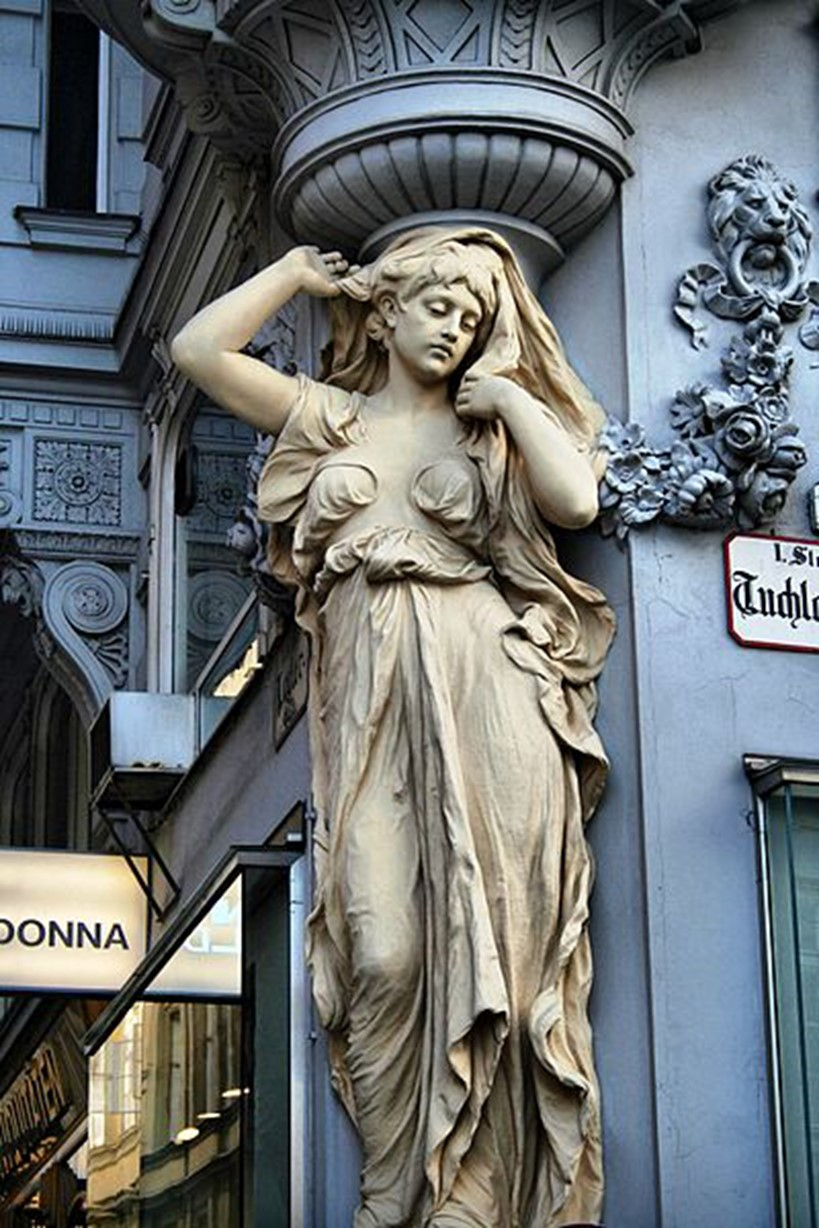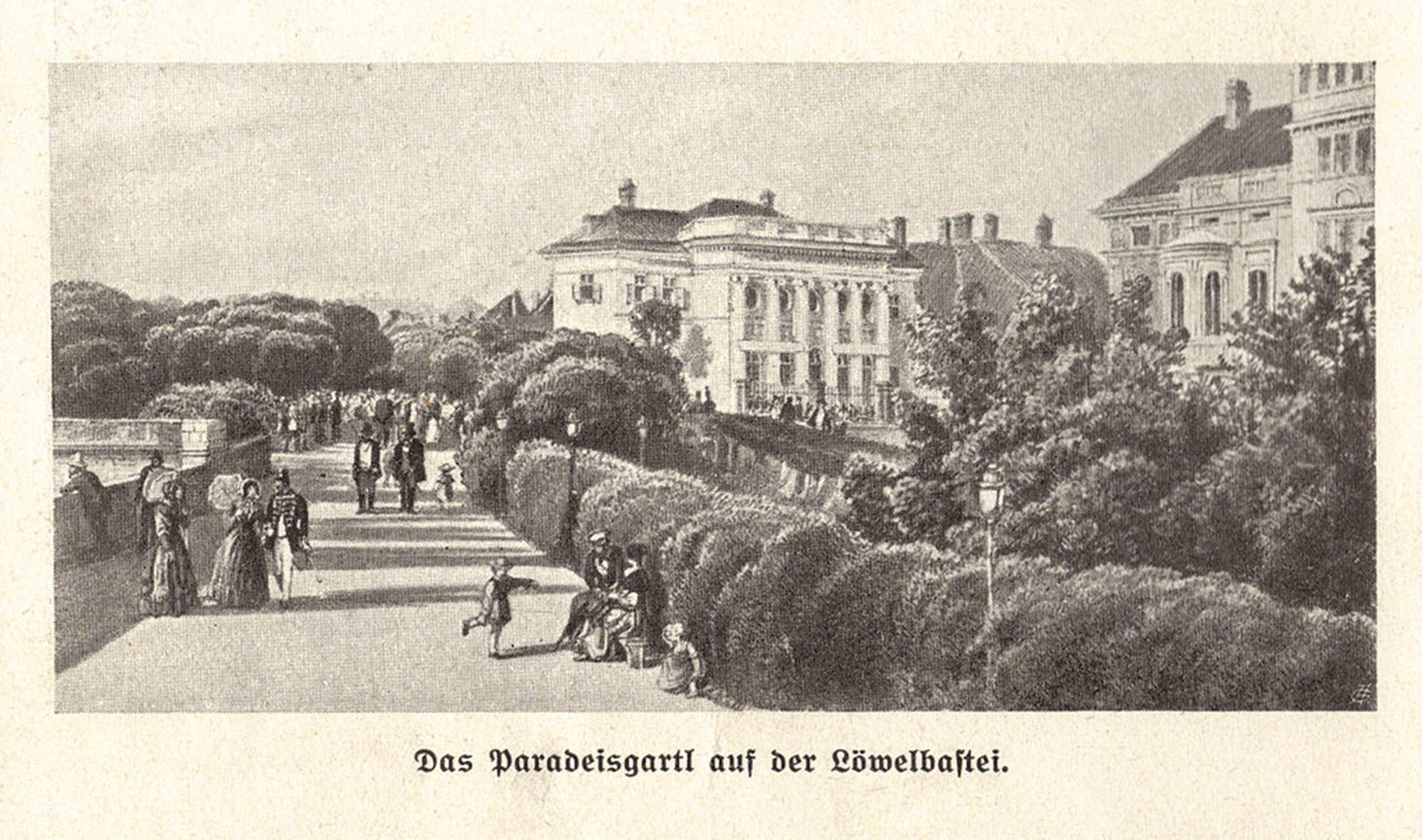Seducing men was her profession. Stephanie Dorninger was a very pretty whore who knew her trade. You always find out people’s true attitude in the most intimate moments. The decision-makers in the emperor’s secret police also knew this and recruited more and more courtesans. For the ladies of the horizontal trade, the “appointment to the civil service” was a lucrative sideline, as the aim was to identify the emperor’s critics and enemies, particularly among the male population.
The “areas of operation” of the emperor’s “agents” were establishments such as the “Mehllucken”, a dance and entertainment venue. One evening, a portly man, a banker, wooed the beautiful Viennese woman. She thought, she now needed a success with her superior, the head of the imperial police. She spent the whole evening telling the man how bad the emperor was. He parroted everything. He shouted “Revolution” in the middle of the restaurant, “Long live Napoleon Bonaparte“. Plainclothes policemen, disguised as guests, noted the behavior and told Stephanie: “Take him to the city wall in a hackney carriage and play a love adventure for him.” Stephanie Dorninger didn’t have to do much more with the drunk man. The public servants took the poor man into custody.
The beautiful courtesan appeared at a party before His Majesty Emperor Franz I. “I have a special commission for you. She should go to the theater with the painter Anton Möllhammer !” He regularly insulted the imperial family. However, Stephanie fell in love with the painter. Vienna’s high society met in Rosenberg’s halls in what is now Piaristengasse. A young man stopped in front of her, it was Anton Möllhammer… “Steffi is that you?” The woman looked at her counterpart wordlessly for a few seconds. “No, I’m not Steffi, I’m her twin sister. Steffi became a decent girl and went into a convent because she couldn’t get you to marry her,” she lied to him. Möllhammer couldn’t believe what he was hearing and withdrew.
(Sources: Czeike, Felix: Der Graben, (Wiener Geschichtsbücher, Band 10), 137 pages, Vienna, Zsolnay 1972, ISBN:978-3552024014; Welfenburg, Hubert: Die frivolsten Geschichten aus dem alten Wien, 305 pages, Vienna, Elektra, 1980, ISBN:978-3272070162;Czeike, Felix: Unbekanntes Wien 1870-1920, 22 pages, 44 sheets of illustrations, Lucerne, 1998, ISBN:978-3765812170)
Time Travel Tip: Naglergasse, the low house entrances often below street level are evidence of wine cellars until the beginning of the 20th century, Naglergasse was also a meeting place for the ladies of the night until the 1960s.
Editor: Michael Ellenbogen


